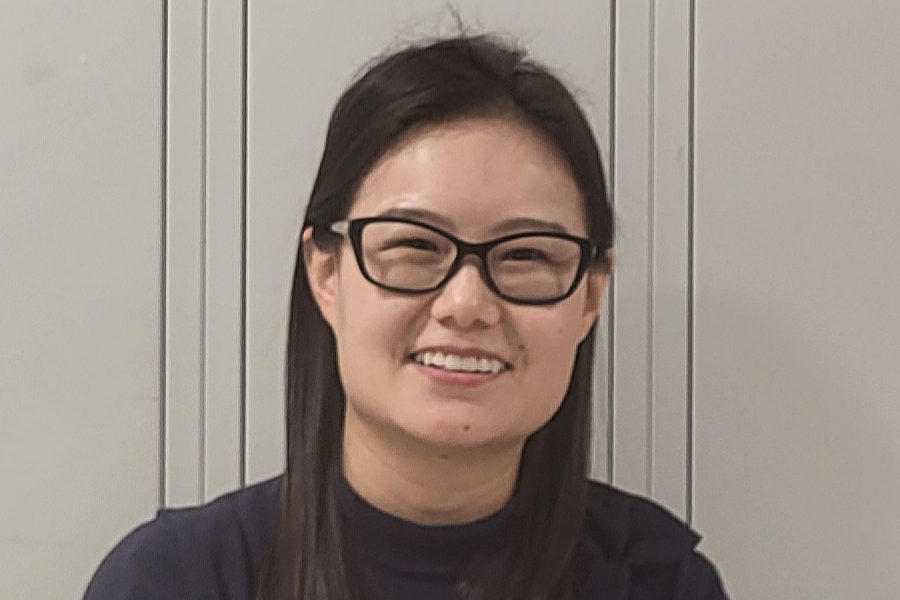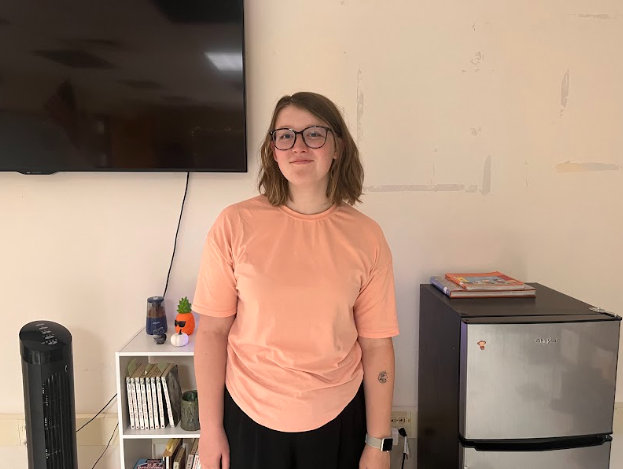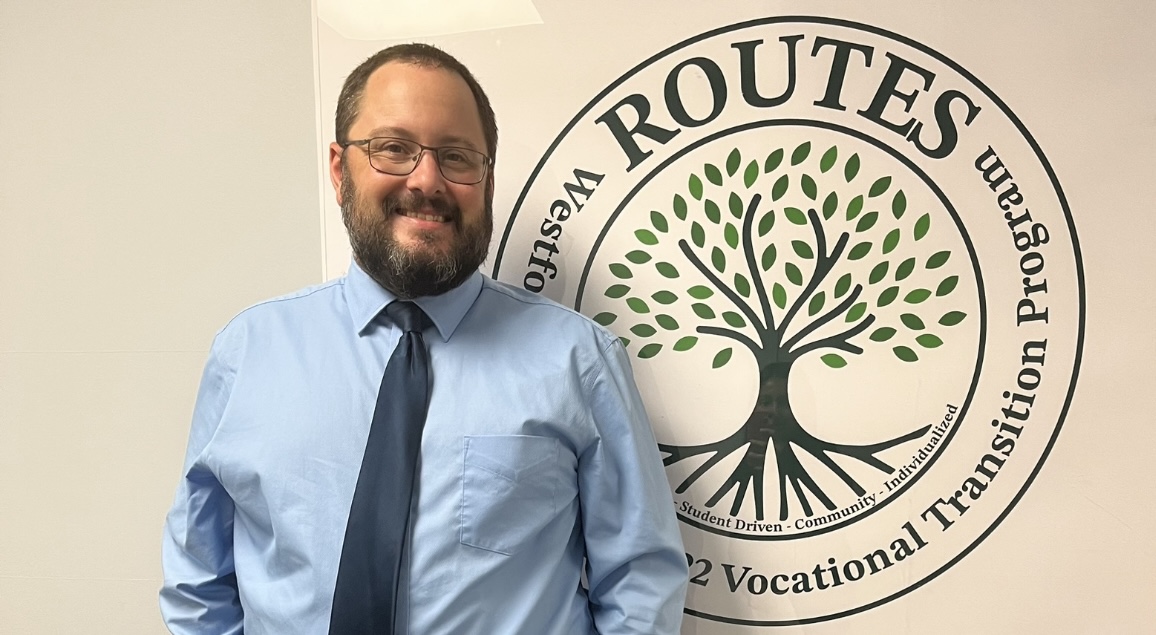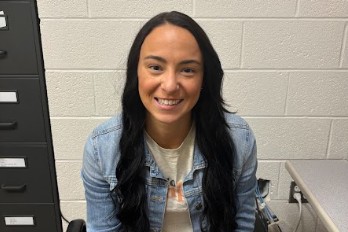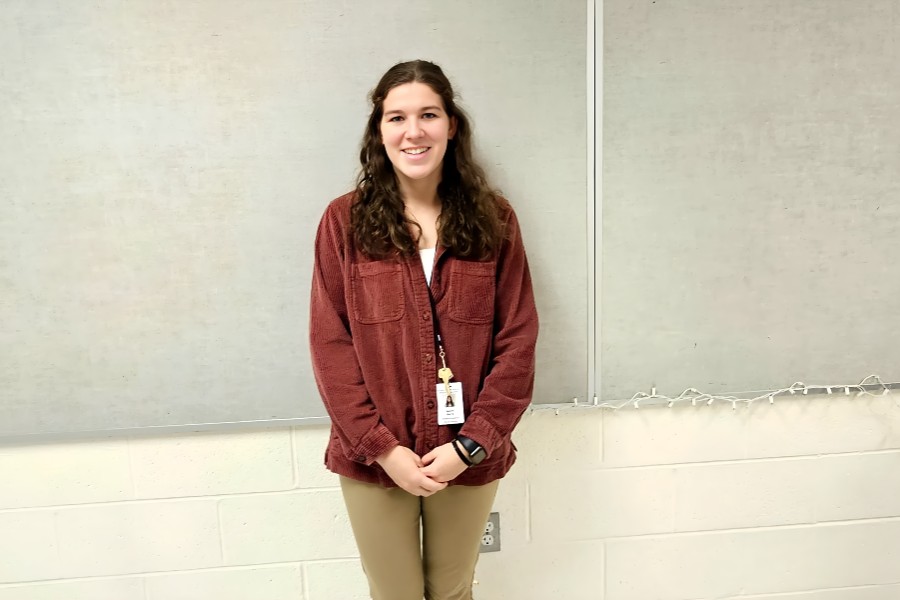As she has had various teaching positions in Brandeis University, Boston University, and Concord-Carlisle High School, Ying Ma, the new Mandarin teacher at Westford Academy reveals her excitement to be returning back to teaching after caring for her children. After graduating Brandeis University with a background in economics, she worked for Pfizer in Shanghai, China, for three years before immigrating to America due to her husband’s job transition to Massachusetts’ General Hospital. She encourages students to try Mandarin, highlighting its rich cultural history and achievable skillset.
Q: Since you’re a new teacher to Westford Academy, how are you adjusting to our school?
A: Yes, I resigned from my job four years ago to take care of my kids, but now I believe it is time to come back and work again, and I’m very excited. I think Westford Academy is a very good choice for me. I love the campus environment and the students are very active in their academics, especially in Mandarin, so I feel good. I have a lot of passion to do my work better and devote as much time as I can to design my teaching projects, and try my best to give the best teaching materials to my students.
Q: Did you teach at any other school, other than Westford Academy, before you had to take some time off to take care of your kids?
A: Before I taught here [at WA], I graduated from Brandeis University, so I finished my masters degree and half-time teaching there. It was part of my program to teach at Brandeis. So after I graduated, I taught in both Boston University and Concord-Carlisle High School.
Q: Why did you pick Westford Academy out of all other high schools after your break?
A: I live in Acton and I am very familiar with Westford and also know a lot of friends that live here. When I saw the job opening for a Mandarin teacher here at Westford Academy, I was very excited, and I did my best to apply for this job, and was even more excited when I got an offer back. So, I feel very lucky to have the opportunity to work here.
Q: Specifically, what brought you to teach Mandarin? What brought you into the language department?
A: That’s a very good question because before I taught Mandarin, my background was in economics; my bachelor’s degree is in economics and international trade. I worked at Pfizer for my first job in Shanghai, China. In Pfizer, I was kind of like an academic assistant for my department. I would train adults about the latest information on medicine and research, and gave my colleagues and doctors some training lessons. After about three years, my husband’s job was shifted over to Mass General Hospital. When we got to America, I thought ‘Oh, it’s time for me to make another decision; to change my career’. I was thinking ‘Maybe I can become a professional teacher’ Mandarin has been my strongest skill for years. So I applied for the teaching of Mandarin Chinese as a secondary language in a program at Brandeis and I, after I finished my program, started my professional teacher career.
Q: If there is a young teacher out there that would like to teach Mandarin, what advice would you give them?
A: Well, the first thing is, you need to get to know your students very well because no matter what kind of materials you prepare, the best thing for students is that they can engage in your classroom activity. I think first you need to at least communicate with your student(s). With your student, you observe their reaction or behavior in the class, and get to know what they’re interested in. Some of my higher-grade students, they’re very interested in my class and are more experienced with the language; they can create a story and maybe role plays in Mandarin, but my freshman students like to do kahoots or game-like activities that are more playful ways to learn a language. So, I would say teachers need to change their ways of teaching according to how their students like to engage in class activities. In this way, if the students feel better about their learning environment and what is being taught, I will feel much better. On the other hand, if I prepare a lot of materials and presentations on the board, then the students are just like,’Can I go?’ or ‘I feel so bored’, then I will feel that my lesson plans are not good enough to let the students have fun in class while also learning.
Q: You are one of the very few language teachers whose first language is the language they teach. What are some struggles you have when teaching the students who, for the most part, don’t speak Mandarin at home?
A: Because I am a language teacher, one of my very basic principles is to be patient and to give students as much time as they want to practice, especially for Mandarin. It’s not like Spanish or German, and I’m not saying that those languages are easy, but those languages are from the Latin dialect; Mandarin is not. As a teacher, I want to give my students a lot of time. They start to use a lot of practice, games, and activities for each unit. After about two years of being in Mandarin, they would have already gotten used to the square-like characters. By then, my teaching piece will go by faster and faster. But for beginners, as a teacher, I need to have a lot of patience towards my students who are learning Mandarin for the first time.
Q: What are the challenges you are facing so far, being a teacher here at Westford Academy?
A: As someone who did not grow up in America, I, except for college, never learned in American elementary, middle, and high schools. That means the school system is completely different from when I was a teenager. So the biggest challenge for me is the organization of the different schools; I need more time to get to know how the school’s departments collaborate with each other, and when a student has a problem that they are struggling with, I need to know which department I can reach out to on behalf of the student. And you have a lot of club activities, and these resources that I need to learn about and to get to know what it’s like to be an American high school student. Your schedule is so different from when I was in high school because I didn’t have clubs in my high school growing up. So I think that I need to take some time to make some mental notes of my teaching environment, so that my mindset can be set to the education system I teach in now instead of the one I grew up with.
Q: Obviously, it would have taken you a while to get used to the difference in the education systems in China and America. How long did it take for you to settle in?
A: I still need at least three or four years to totally understand how the high school runs and how I can work efficiently with different departments. To know this, I will be able to better support my students and allow me to do the best I can here at WA. I still struggle with this part, but I think it’s about time because I learned through different actions; in the same way you learn from a certain event that happened to you. So, I just need time.
Q: Is there anything else you’d like to tell us that you have not mentioned yet?
A: I want to let the school know that Mandarin sounds very difficult and unreachable, but in fact, if you start from the very basic levels of Mandarin, it’s not. Well, I would not say it’s easy, but the goal for your Mandarin in Westford Academy is reachable. I want more students that can come here to try a different kind of culture that’s far away, and they’re interested in.
Q: To end this interview with a fun question, who would win in a fight; you or a bear?
A: Totally the bear. Definitely the bear, because last night, my husband told me, ‘Do you know there is a bear with two babies walking around?’; that’s scary because it’s a single bear with their kids. If you were to pose a threat to the bear family, what is the first thing the mom would do? Protect her kids. So I would definitely lose a fight with a bear.

